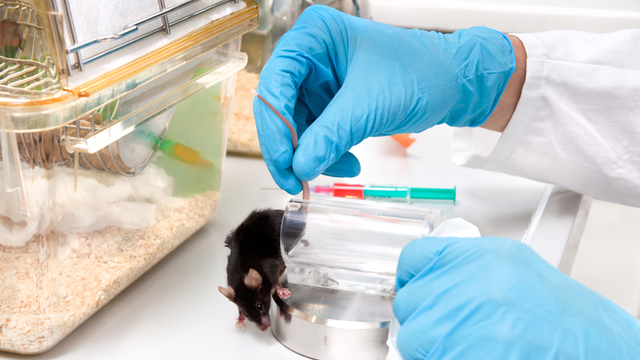 ISTOCK, ANYAIVANOVA
ISTOCK, ANYAIVANOVA
The US Department of Agriculture’s Animal and Plant Health Inspection Service sent a letter last month to organizations regulated under the Animal Welfare Act announcing a pilot program that will sometimes alert facilities that inspectors are coming, The Washington Post reported yesterday (May 17). Until now, such inspections have been unannounced.
In the letter, Bernadette Juarez, the deputy administrator of animal care at the Animal and Plant Health Inspection Service (APHIS), writes that alerting facilities ahead of inspections “improves the efficiency of our inspection program and improves the humane treatment of animals,” according to The Post. Juarez was not explicit regarding which facilities will be warned, saying only that “certain situations involving certain facilities” would fall under the new policy. “[W]e have no intention of ...













